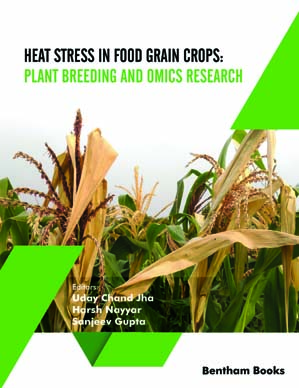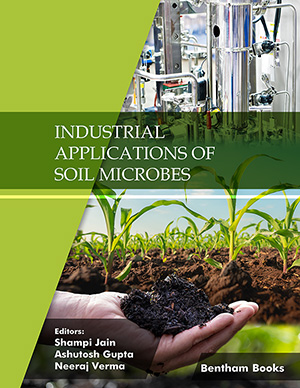Abstract
Wheat crop is adapted to cooler climatic conditions and has an optimal daytime growing temperature of 15 °C during the reproductive stage. Heat stress is becoming a major constraint to wheat production as it affects every stage of the crop but the anthesis and reproductive stages are more sensitive. The situation will be aggravated due to climate change as predicted by the Intergovernmental Panel on Climate Change, for every degree rise in temperature above this optimum leads to a 6% yield reduction. Being quantitative in nature, heat stress is a complex trait and is strongly influenced by genotype x environment interaction. The new omics approaches like transcriptomics, proteomics, metabolomics and ionomics will be useful in understanding the underlying mechanism of heat tolerance. In this chapter, we will summarize the impact of heat stress on wheat production, physiological traits contributing to heat tolerance and how to integrate new omics tools such as transcriptomics, proteomics, metabolomics and ionomics with plant breeding.
Keywords: Chromosome substitution lines, Conventional plant breeding, Multipronged approach, Osmoprotectant molecules, Temperature stress, Transcriptomics.






















